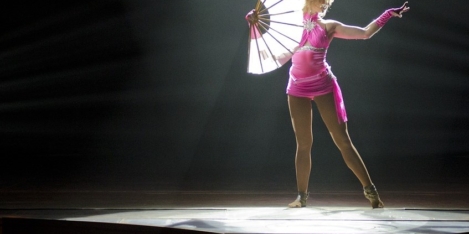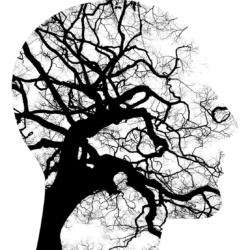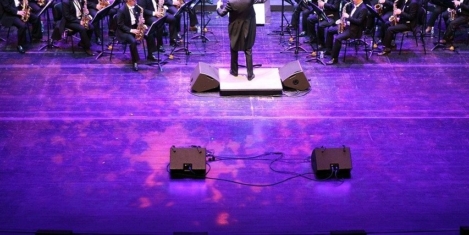To provide the best experiences, we use technologies like cookies to store and/or access device information. Consenting to these technologies will allow us to process data such as browsing behaviour or unique IDs on this site. Not consenting or withdrawing consent, may adversely affect certain features and functions.
The technical storage or access is strictly necessary for the legitimate purpose of enabling the use of a specific service explicitly requested by the subscriber or user, or for the sole purpose of carrying out the transmission of a communication over an electronic communications network.
The technical storage or access is necessary for the legitimate purpose of storing preferences that are not requested by the subscriber or user.
The technical storage or access that is used exclusively for statistical purposes.
The technical storage or access that is used exclusively for anonymous statistical purposes. Without a subpoena, voluntary compliance on the part of your Internet Service Provider, or additional records from a third party, information stored or retrieved for this purpose alone cannot usually be used to identify you.
The technical storage or access is required to create user profiles to send advertising, or to track the user on a website or across several websites for similar marketing purposes.
 Dr Brené Brown is one of those individuals whom I find myself channelling, particularly during challenging times. Her views on the power of vulnerability and her call to be brave and ‘step into the arena’ have shaped my career. In a crisis, we need to be courageous and ready for the fight. It’s not just about rolling with the punches. It’s about knowing that it’s ok to get knocked down, because there will be someone to help you get back up. (more…)
Dr Brené Brown is one of those individuals whom I find myself channelling, particularly during challenging times. Her views on the power of vulnerability and her call to be brave and ‘step into the arena’ have shaped my career. In a crisis, we need to be courageous and ready for the fight. It’s not just about rolling with the punches. It’s about knowing that it’s ok to get knocked down, because there will be someone to help you get back up. (more…)








 A new model of competitiveness devised by academics at
A new model of competitiveness devised by academics at 


 Under-35s are in the midst of a professional confidence crisis, with work seen as a place where they feel isolated and afraid to speak out, claims research carried out by culture change business
Under-35s are in the midst of a professional confidence crisis, with work seen as a place where they feel isolated and afraid to speak out, claims research carried out by culture change business 






 New research claims that more than three quarters of men who live alone feel isolated while they’re working from home and two fifths of 18-30 year olds feel their mental health has deteriorated. This latest research from The Institute of Leadership & Management
New research claims that more than three quarters of men who live alone feel isolated while they’re working from home and two fifths of 18-30 year olds feel their mental health has deteriorated. This latest research from The Institute of Leadership & Management 
 Kincentric
Kincentric









December 4, 2020
The lost art of office furniture peacocking and the growing mental health crisis at work
by Mark Eltringham • Comment, Technology, Wellbeing, Workplace design